Why Winter Isn’t Off-Season for Serious Anglers
As autumn leaves fall and temperatures drop, many casual fishermen stow their gear and wait for spring. However, for dedicated anglers, winter isn’t a time to hibernate – it’s a season offering unique fishing opportunities that can’t be experienced during warmer months. While frozen lakes and snow-covered banks might seem uninviting, experienced fishermen know winter can yield some of the year’s most rewarding catches. The seasonal shift brings changes to fish behavior, accessibility to premium spots, and the serenity of waters abandoned by fair-weather fishers. This article explores why serious anglers eagerly anticipate winter fishing rather than viewing it as merely an off-season to endure.
The Biological Advantage: Fish Metabolism in Cold Water
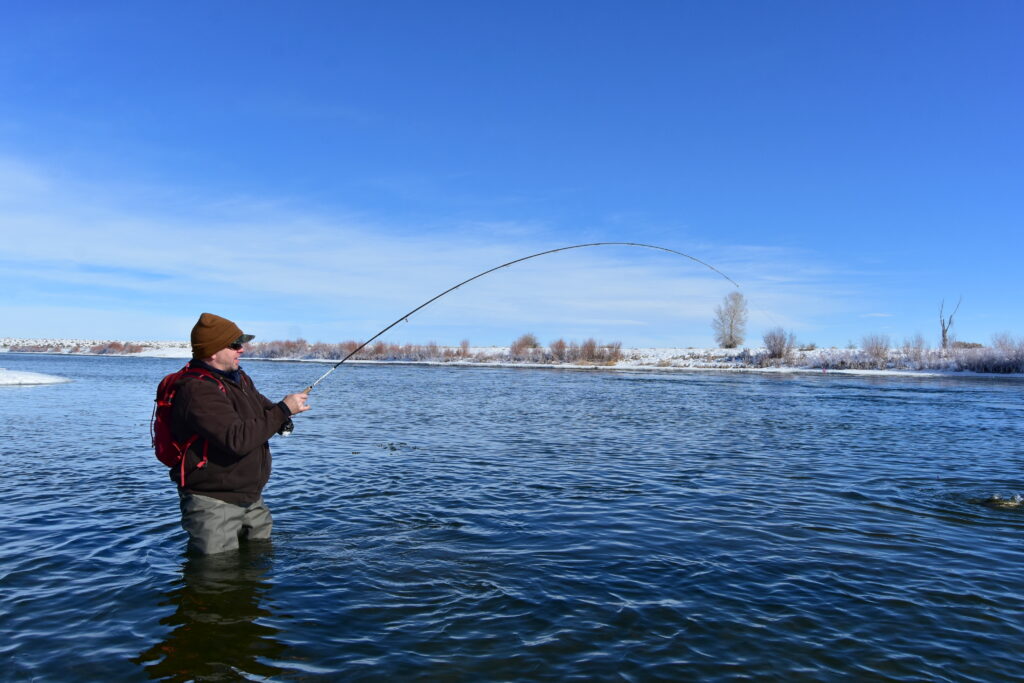
Cold water fundamentally changes how fish behave, creating distinct advantages for knowledgeable anglers. As water temperatures drop, fish metabolism slows, meaning they need less food to sustain themselves. This doesn’t mean they stop feeding – rather, they become more strategic and selective about when and where they expend energy. Many game fish species, including walleye, pike, and certain trout varieties, actually remain quite active during winter months. These cold-water specialists often feed more aggressively during winter than during midsummer heat waves when warm water depletes oxygen levels. Understanding this biological rhythm allows serious anglers to predict feeding patterns and target their efforts during prime winter feeding windows.
Ice Fishing: A Sport Within a Sport
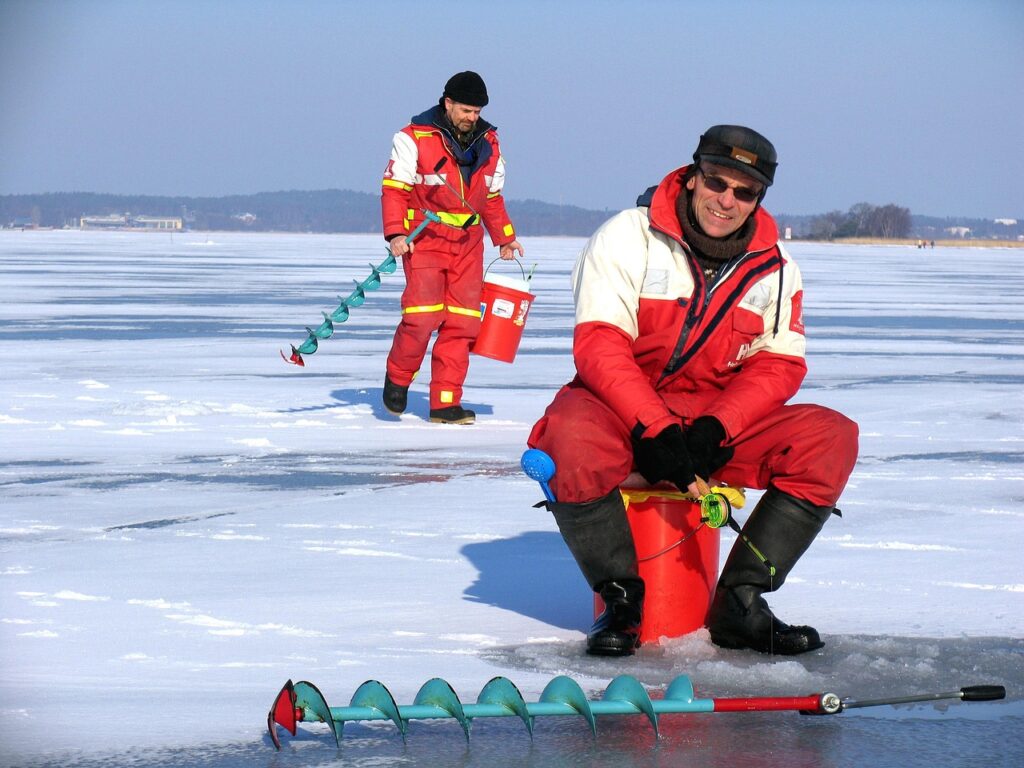
Ice fishing transforms the angling experience from a rod-and-reel activity into a comprehensive winter adventure that many enthusiasts consider a distinct discipline. The specialized equipment – augers, tip-ups, sonar units, portable shelters, and specifically designed ice rods – creates an entirely new fishing experience. For many northern anglers, drilling through the ice to reach waters teeming with walleye, perch, crappie, and pike represents fishing in its purest form. The camaraderie of ice fishing communities adds a social dimension often missing during solitary summer outings. Additionally, ice fishing allows access to deep-water structures and fishing spots unreachable by shore anglers during open-water seasons, effectively opening up entirely new fisheries during winter months.
Winter’s Exclusive Species and Opportunities
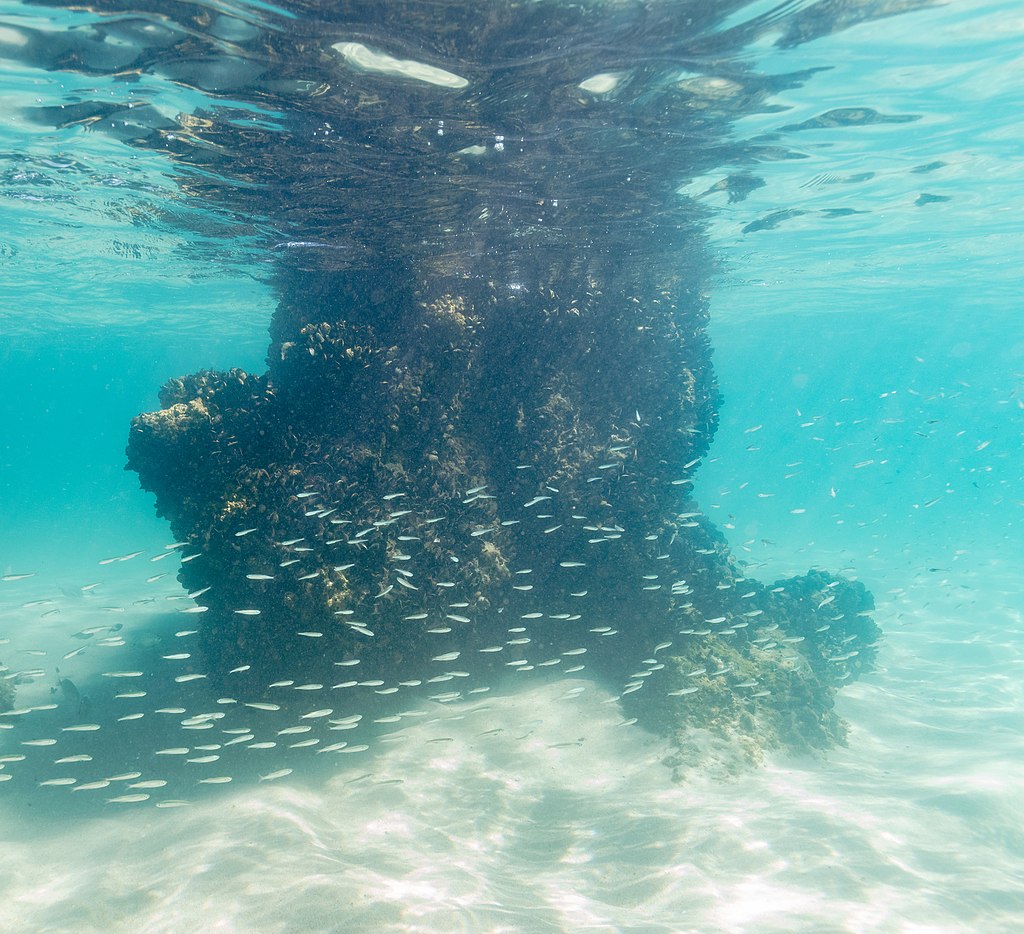
Certain prized fishing opportunities exist exclusively or primarily during winter months. Steelhead runs in Great Lakes tributaries peak during cold weather when these powerful fish move upstream to spawn. Lake trout, which typically inhabit deep, difficult-to-access waters during summer, often move to shallower depths during winter, making them more accessible to anglers. In coastal regions, striped bass and other species follow distinct winter migration patterns that create legendary fishing in specific locations. Even common species like bluegill and crappie often school more tightly in winter, meaning that once located, anglers can experience fast action that surpasses summer fishing. These seasonal specialties give dedicated anglers compelling reasons to brave the cold for fishing experiences unavailable any other time of year.
Reduced Competition and Pressure
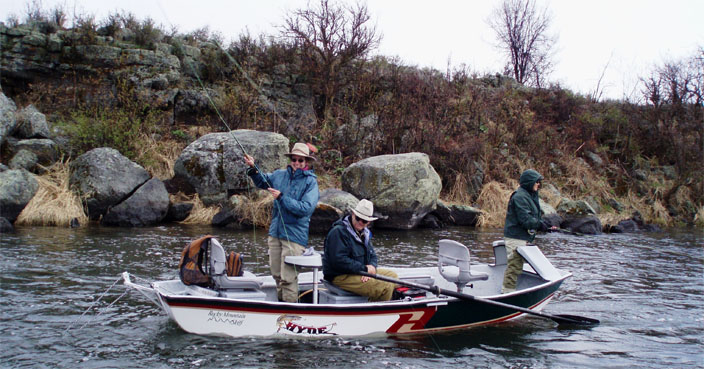
One of winter’s greatest advantages for serious anglers is the dramatic reduction in fishing pressure. Popular summer fishing destinations that might see dozens of boats and crowded shorelines often become virtually deserted during winter months. This decreased pressure means fish experience less overall stress and may be less wary when approaching baits and lures. Premier fishing spots that might be impossible to access during peak season become readily available to those willing to endure colder conditions. Many experienced anglers report their largest catches come during winter, precisely because reduced fishing pressure allows fish to resume more natural behavior patterns. This solitude also enhances the quality of the fishing experience, allowing anglers to enjoy natural surroundings without the distractions of crowded waters.
The Technical Challenge and Skill Development
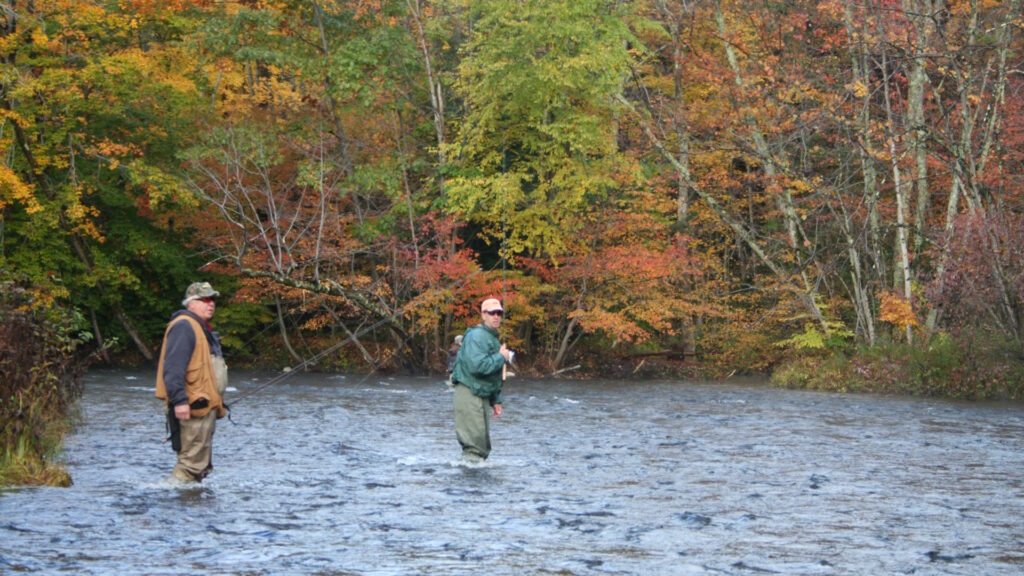
Winter fishing demands a higher level of technical proficiency that appeals to anglers looking to refine their skills. The cold-water environment requires more precise presentations, often with smaller baits and more subtle techniques than summer fishing. Anglers must master micro-adjustments in their approach, from slowing retrieves to detecting the lightest bites through thicker gloves. This technical challenge forces even experienced fishermen to become more observant, patient, and methodical in their approach. Many professional guides and tournament anglers specifically use winter as a season to perfect techniques that will serve them throughout the year. The skills developed during challenging winter conditions invariably translate to improved fishing abilities during easier warm-weather months.
Crystal-Clear Winter Waters
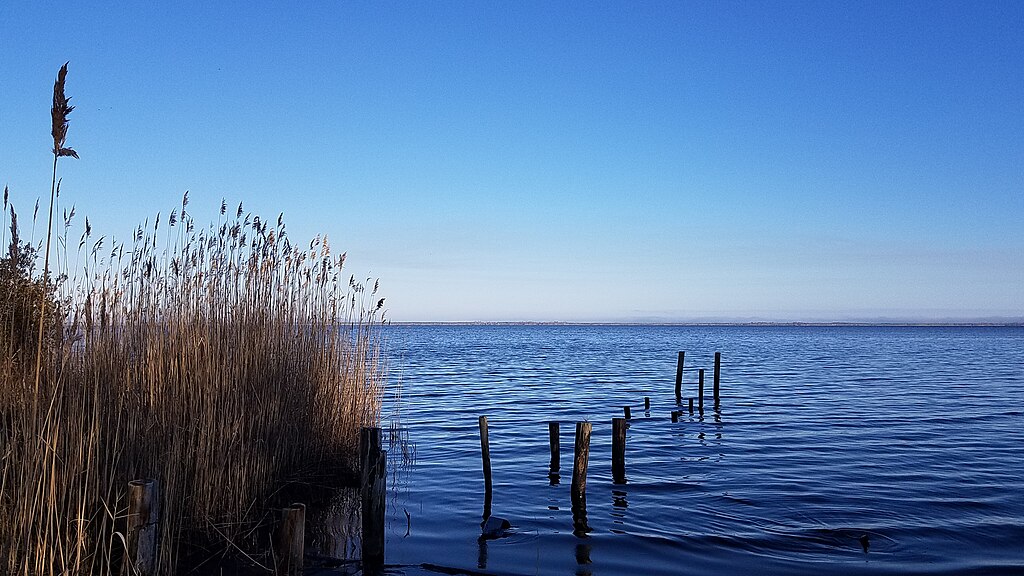
Winter typically brings significantly improved water clarity to many fishing environments, creating both challenges and opportunities for anglers. Reduced rainfall, minimal agricultural runoff, and decreased biological activity mean winter waters often reach their clearest state of the year. This clarity allows serious anglers to visually locate structure, observe fish behavior, and study underwater environments in ways impossible during murky summer conditions. While clear water can make fish more cautious, it also enables sight-fishing techniques and more precise bait placement. In ice fishing scenarios, clear ice combined with minimal snow cover can allow anglers to watch their presentations and observe how fish interact with their baits – a level of feedback unavailable any other time of year.
The Photography and Trophy Potential
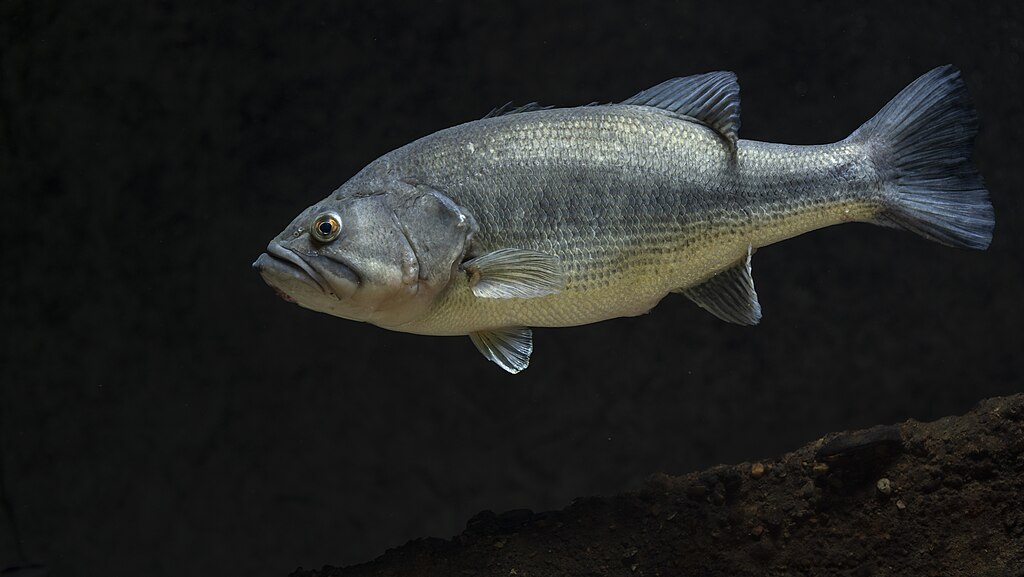
Cold water contributes to fish developing their most vibrant coloration and robust body condition. Trout, salmon, and even common species like bluegill display their most dramatic spawning colors and patterns during colder months. Additionally, many game fish reach their heaviest weights just before spawning seasons, which often coincide with late winter or early spring. This combination of peak coloration and optimal weight makes winter catches particularly photogenic. The contrast between snow-covered landscapes and vibrantly colored fish creates stunning photographic opportunities that summer fishing can’t replicate. For trophy hunters, the season’s largest specimens of many species are often caught through the ice or in cold open water during winter months.
Winter Safety: The Knowledge Advantage
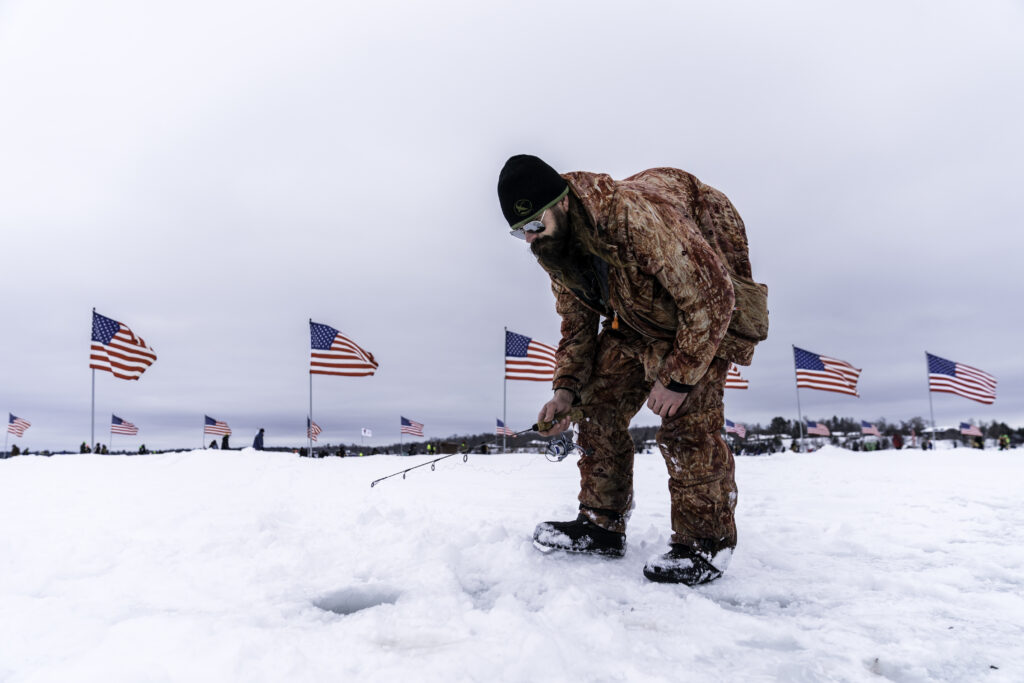
Winter fishing’s inherent challenges create a knowledge barrier that serious anglers view as an opportunity rather than an obstacle. Understanding ice formation, recognizing dangerous conditions, and mastering cold-weather survival skills becomes essential for safe winter fishing. This knowledge requirement keeps casual anglers away while rewarding those who invest time in learning winter-specific safety protocols. Experienced winter anglers develop comprehensive safety systems involving proper clothing layers, emergency equipment, and communication plans that become second nature over time. This emphasis on safety awareness often creates tighter-knit fishing communities where information sharing and looking out for fellow anglers become standard practices. The satisfaction of safely navigating challenging conditions adds a dimension of accomplishment to winter fishing success.
Specialized Winter Tactics and Gear
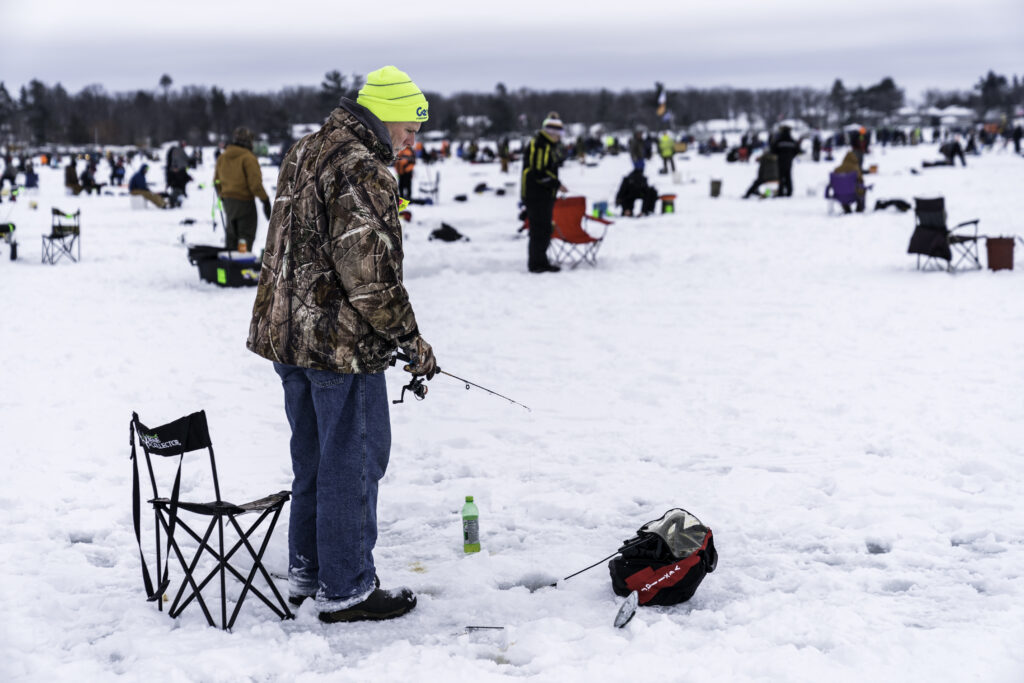
Winter fishing has spawned entire categories of specialized equipment that serious anglers find irresistible. From tungsten ice jigs that sink faster in cold water to ultra-sensitive graphite rods designed to detect the lightest winter bites, manufacturers continue developing winter-specific innovations. Advanced sonar and underwater camera systems have revolutionized ice fishing by removing the guesswork from locating fish beneath the ice. Technical clothing utilizing space-age insulation materials allows comfortable fishing in extreme conditions that would have been unbearable a generation ago. For gear enthusiasts, winter offers legitimate reasons to expand tackle collections with highly specialized equipment that serves specific cold-water purposes, adding a technical dimension to the sport that many find intellectually engaging.
The Peaceful Winter Landscape

The aesthetic experience of winter fishing offers a meditative quality often missing during busier seasons. Snow-covered banks, ice formations, and the unique quality of winter light create breathtaking natural settings that enhance the fishing experience. The distinctive sounds of winter – ice shifting, snow crunching underfoot, and the profound silence that follows snowfall – provide a sensory backdrop unlike any other fishing season. Wildlife viewing opportunities often improve during winter as animals become more visible against snowy backgrounds and concentrate around remaining open water sources. Many dedicated anglers report that these aesthetic elements contribute significantly to their preference for winter fishing, offering a more complete outdoor experience than merely catching fish.
Economic Advantages of Off-Season Angling
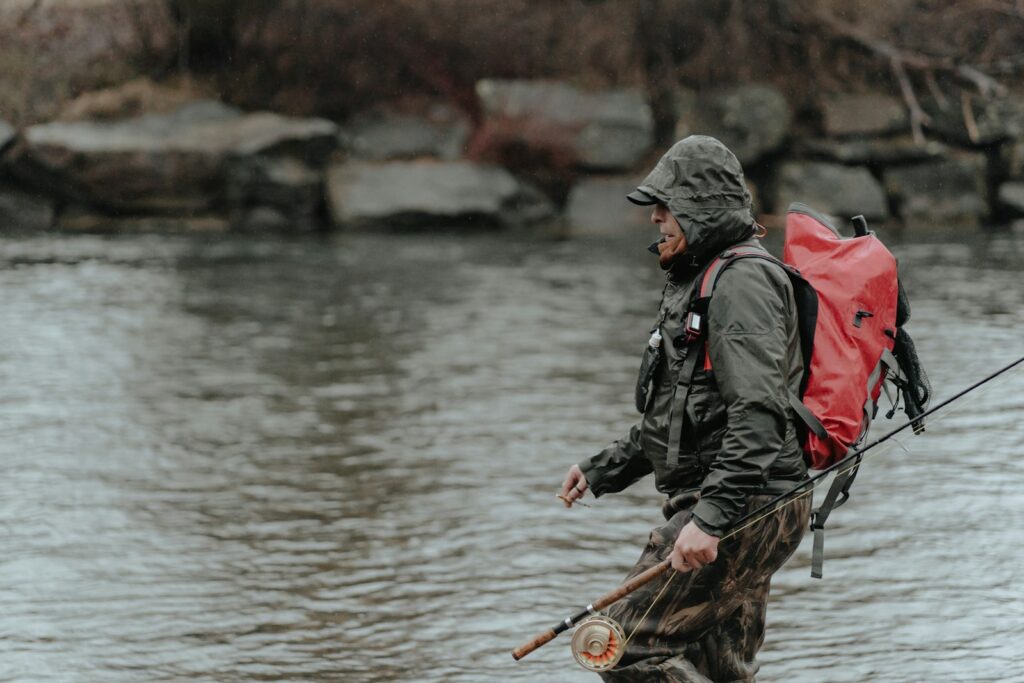
Practical economic benefits make winter fishing attractive for budget-conscious anglers. Guide services and fishing charters typically offer significant discounts during winter months to maintain business during slower periods. Lodging near premium fishing destinations often costs a fraction of peak-season rates, making previously unaffordable fishing trips accessible. Fishing gear retailers frequently discount equipment during winter to boost sales, creating opportunities to upgrade tackle at substantial savings. Even travel costs decrease as airlines and transportation services lower rates during off-peak periods. For anglers planning fishing-focused vacations, winter’s economic advantages can mean accessing world-class fishing destinations at remarkably reduced prices compared to high-season visits.
The Mental Health Benefits of Winter Fishing
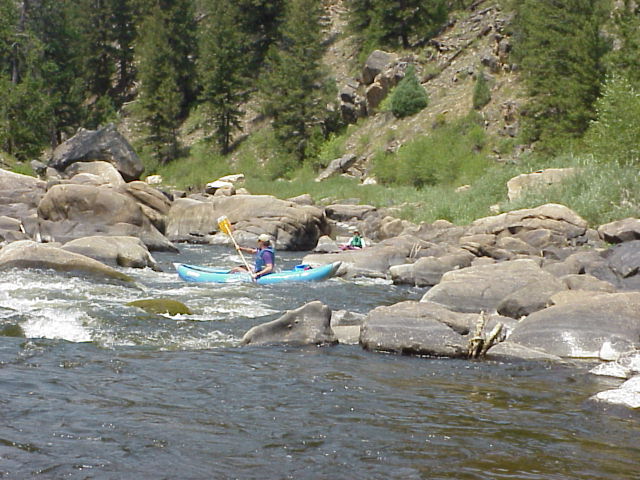
Perhaps most importantly, winter fishing provides crucial mental health benefits during a season associated with increased depression and seasonal affective disorder. Continuing to fish during winter months ensures regular exposure to natural light and vitamin D production that many people lack during indoor winter lifestyles. The physical activity involved in winter fishing – drilling holes, hiking to remote locations, or actively fishing in moving water – provides exercise that many otherwise miss during sedentary winter months. The mindfulness required for successful cold-water fishing creates a form of active meditation that relieves stress and improves mental clarity. For many serious anglers, winter fishing represents not just a sporting pursuit but an essential component of their mental health maintenance strategy during challenging months.
Conclusion: Embracing the Winter Advantage
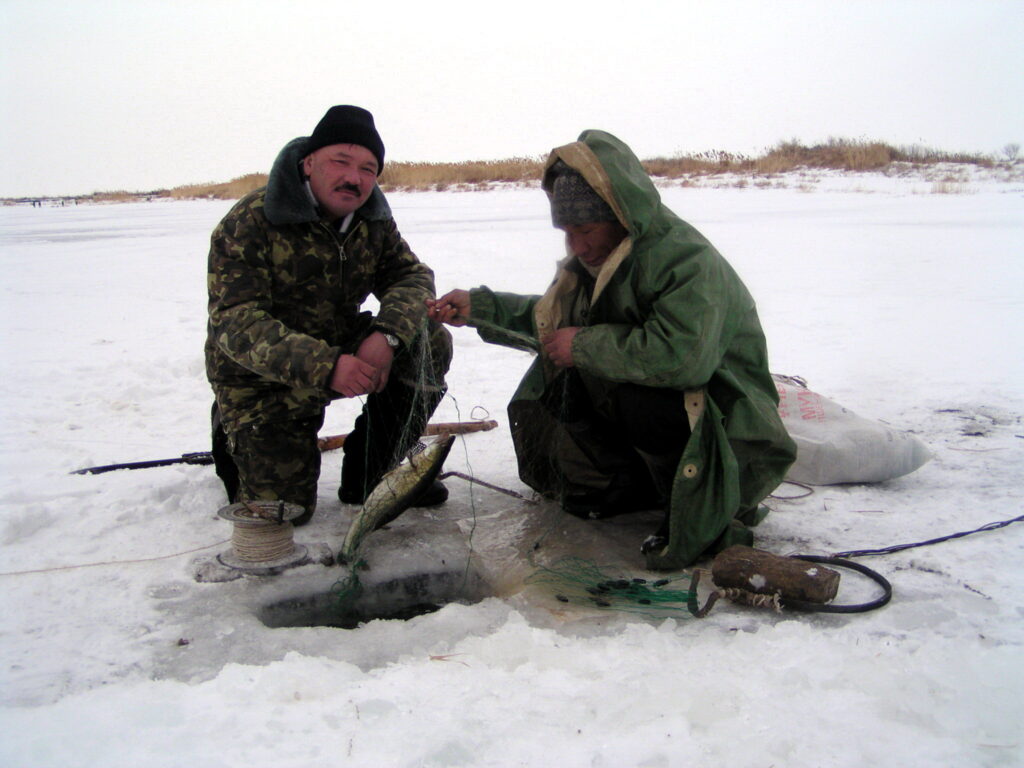
For serious anglers, winter represents not an off-season but rather a different fishing season with its distinct advantages and opportunities. From biological factors favoring certain species to the practical benefits of reduced competition, winter fishing rewards those willing to adapt their techniques and brave the elements. The technical challenges, specialized equipment, and knowledge requirements create a more engaging experience that many dedicated anglers find intellectually satisfying beyond just catching fish. As climate patterns shift and technology continues improving cold-weather comfort, winter fishing participation continues growing among anglers seeking year-round fishing opportunities. Those willing to embrace winter’s unique conditions often discover it becomes their favorite fishing season, offering experiences impossible to replicate during warmer months. Rather than storing gear until spring, serious anglers increasingly view winter as prime time to pursue their passion.
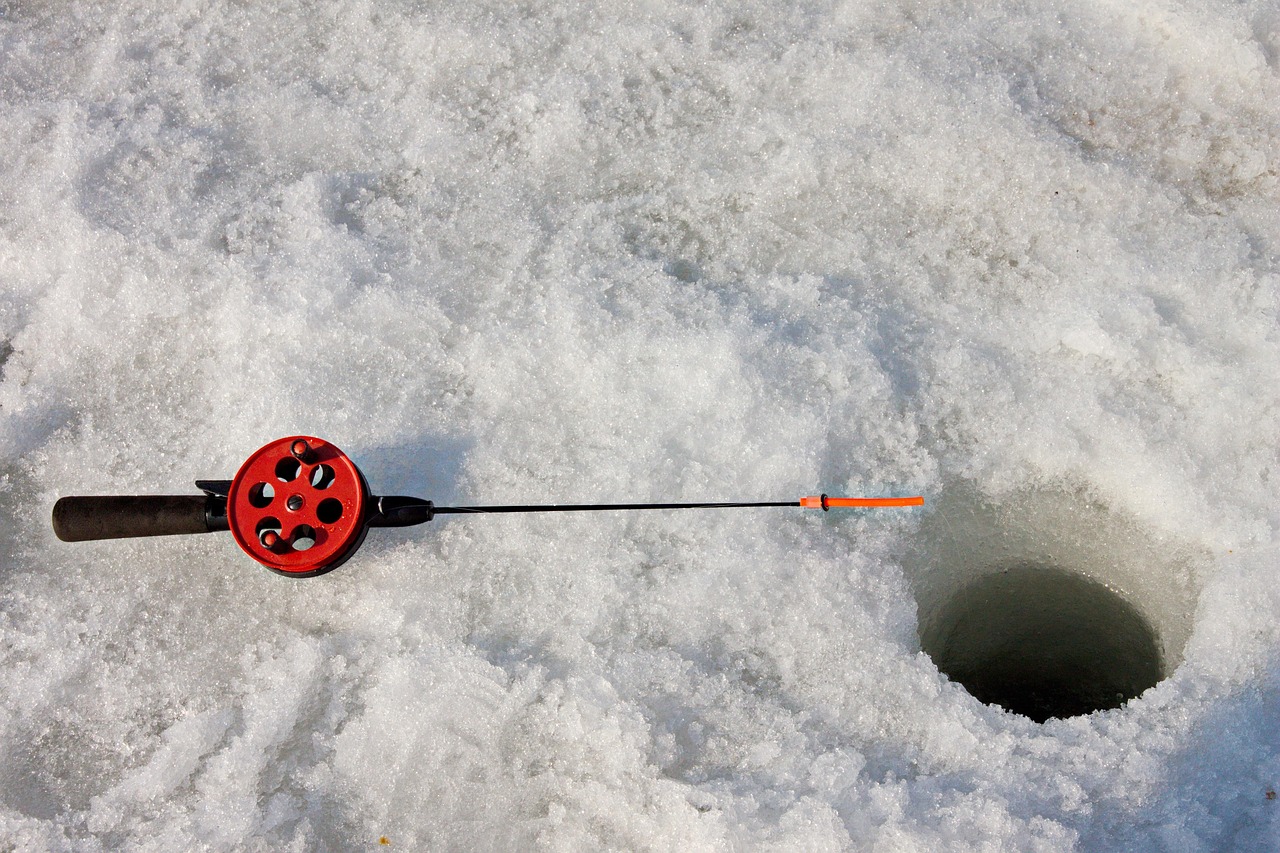

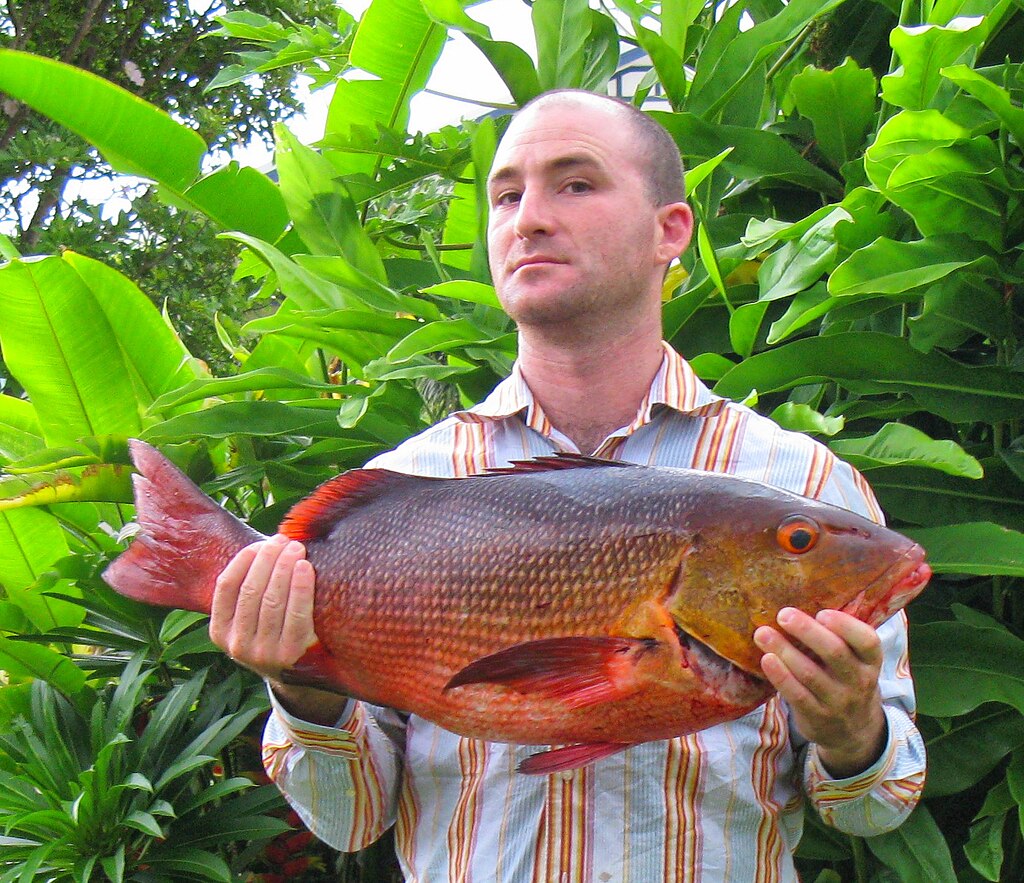

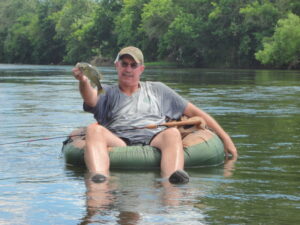
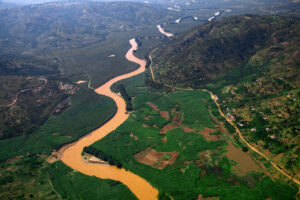








Post Comment